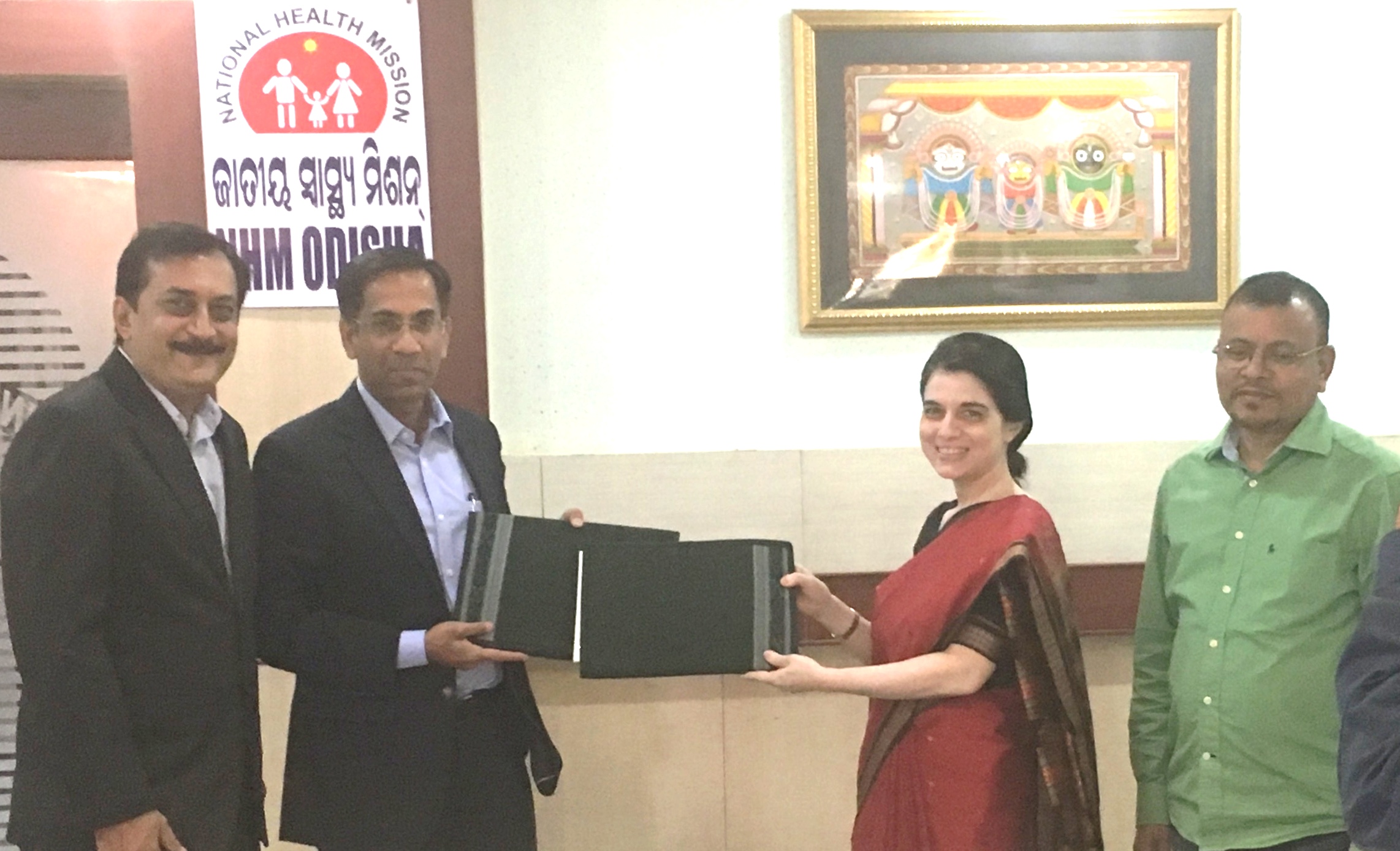Signs MoU with the National Health Mission, Odisha, Offering 127 Dialysis Machines Across 26 Centres to Provide Free Dialysis Treatments in Odisha
Bhubaneswar, 31st January, 2018: Kidney disease is on the rise worldwide and in India the burden of Chronic Kidney Disease (CKD) & End Stage Renal Disease (ESRD) is increasing rapidly. Unfortunately, increasing costs mean widening of the gap in bringing accessible healthcare to the less-privileged. With the aim of providing free dialysis treatments across the state, the Fairfax India Charitable Foundation (FICF) joined hands with the Government of Odisha offering 127 dialysis machines to provide free dialysis services to parts of the state where there are no or poor dialysis facilities available for patients.
As per information from various stake holders, Odisha alone contributes to almost 3.5% of the ESRD patients in India which comes to about 32,929 ESRD patients. It is estimated this population will cross the figure of 70,000 patients by the end of 2020. The current total dialysis delivery capacity is capable of providing regular dialysis to only 2300 ESRD patients leaving more than 90% of the remaining ESRD population untreated.
Speaking on their association with this noble cause, Abraham Alapatt, CEO, Fairfax India Charitable Foundation said, “This is a part of the larger Fairfax India Group level commitment to raise the resources between our companies, friends and well-wishers, to support a self-sustaining low cost dialysis program in parts of India where patients today have no or limited access to this lifesaving service. The MoU we are signing today with the National Health Mission of Odisha will enable access to quality dialysis services free of cost by delivering more than 110,000 dialysis sessions per year.”
He further added, “Our target is to deploy 1000 machines with carefully chosen 150 centres. This will be capable of collectively offering 900,000 dialysis sessions per year at costs that are about 40% lower than current market rates. Our mission is to serve the poorest Indians who need dialysis the most. This partnership will include over 465 machines deployed across government district hospitals in 10 states via a unique PPP model – in partnership with the Ministry of Health and carefully chosen private service providers in each state.”
That is a huge commitment, and a huge task, but it will give hope to so many people and help them lead better lives.

